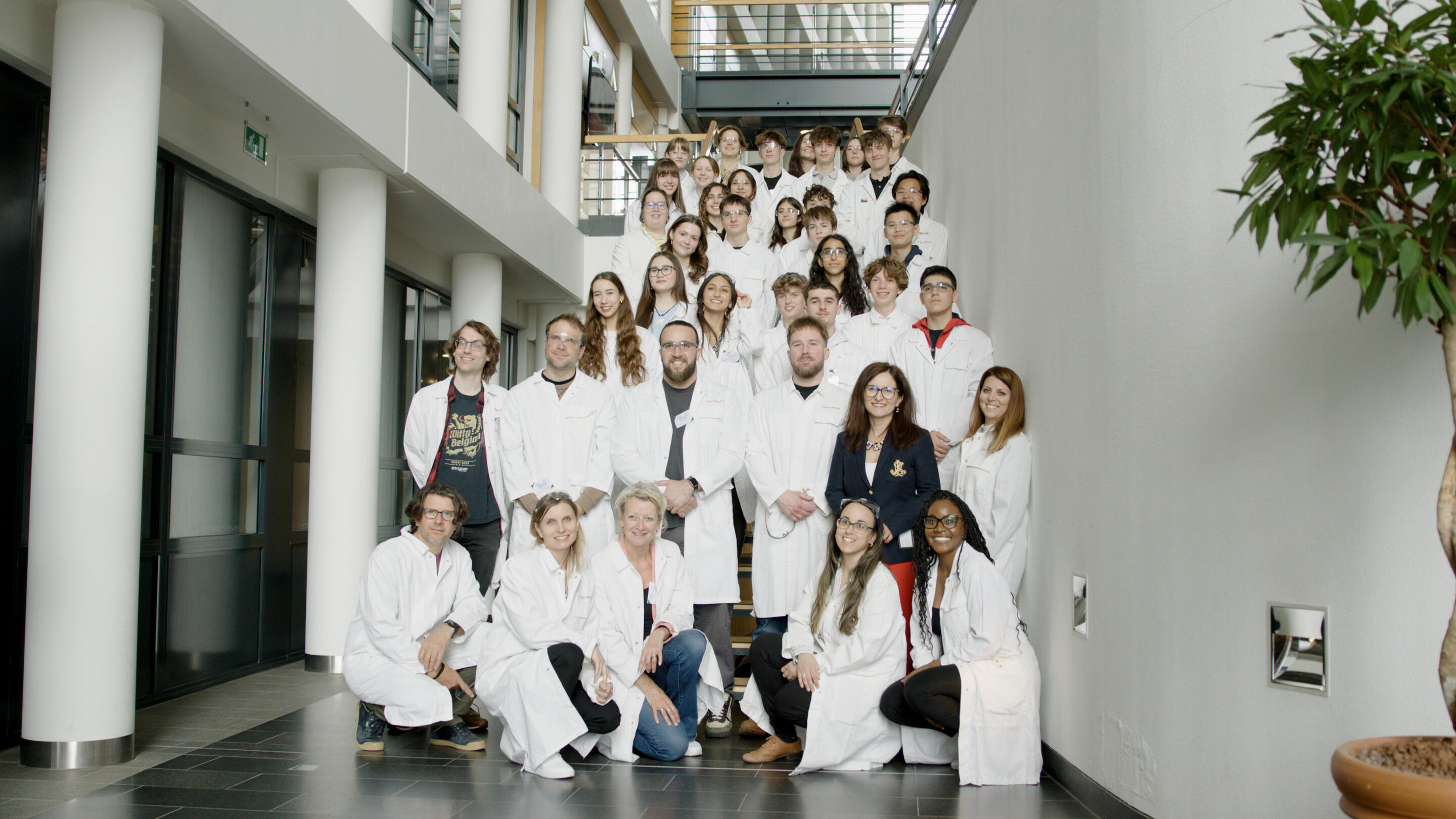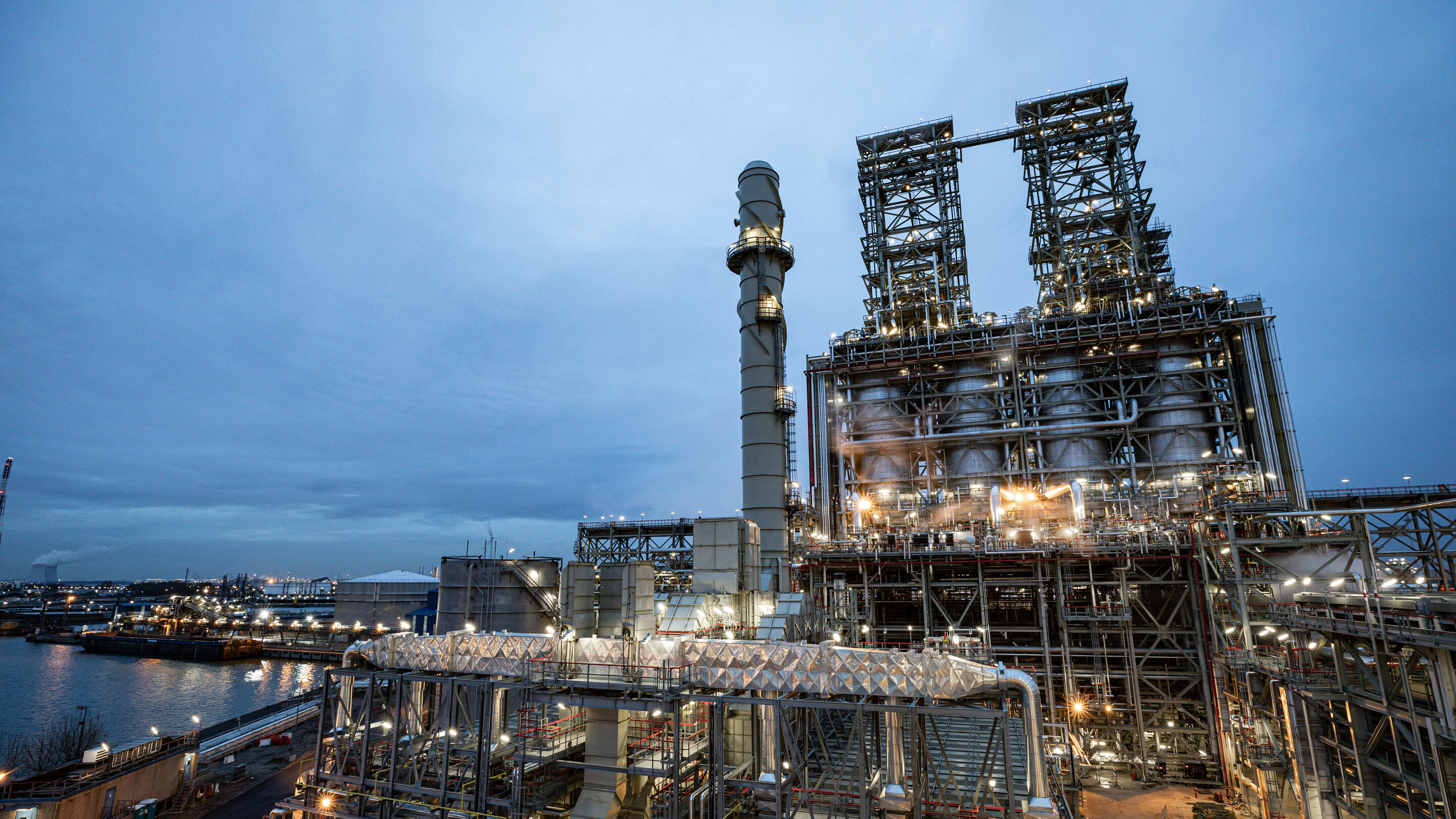selected item

2 min read
•How can we help Reduce Emissions from one of France’s Largest Industrial Sites?
2 min read
•At ExxonMobil1, we aim to achieve net zero scope 1 and scope 2 greenhouse gas emissions from our operated assets by 2050 – with the help of advancements in technology and the support of government policies. As part of this, we’re taking steps to lower emissions from our facilities around the world. That includes the Gravenchon site in Normandy, France – owned by Esso SAF and ExxonMobil Chemical France.
Located in a key industrial Axe Seine hub in the Normandy region, ExxonMobil Gravenchon is a large-scale integrated chemical, refining and lubricants facility. Find out which technologies we are intending to use to reduce emissions in Gravenchon:
Scaling-up impact with regional partnerships
ExxonMobil is taking a comprehensive approach – working to reduce emissions not just from our own facility in Gravenchon, but also from the wider industrial area by partnering with other key actors in the Seine Valley.
Solutions we’re exploring with others include carbon capture and storage technology. This has the potential to lower CO2 emissions in the Normandy industrial basin by up to three million metric tons a year by 2030.
“I think we have all the right cards in our hand,” says Laurent Namer, refinery technical manager at ExxonMobil Gravenchon. “So that’s really, really exciting, everyday to get up and to work on that.”
1ExxonMobil affiliates [Esso SAF and ExxonMobil Chemical France] operate the Gravenchon facilities. “ExxonMobil” is used herein, for convenience and simplicity, as an abbreviated reference to [Esso SAF and ExxonMobil Chemical France], the Exxon Mobil Corporation, and/or other affiliates. Nothing contained herein is intended to override corporate separateness.
Lower-emission fuels
Explore more

Saving Europe’s Core Industries: Cut the Red Tape
3 min read
•
The Sci-Tech Challenge: Shaping the future of STEM in Europe
5 min read
•
Europe’s industrial future is under threat – but policy reform can change that
3 min read
•
Chemical Recycling

A bone-crushing burden: Darren Woods discusses CSDDD
2 min read
•